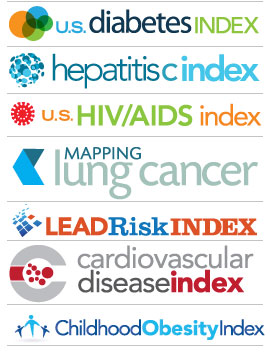A better type of clinical trial?
Clinical Trial News Friday, June 22nd, 2012In a clinical trial, no one likes to be given the placebo. Research has shown again and again that many people who participate in clinical trials for new drugs, medical devices or procedures incorrectly assume that the aim of the study is to help the volunteers get better, a fallacy often called the “therapeutic misconception.”
Now a new type of study, called an adaptive trial, aims to remedy this problem by increasing the percentage of people who receive a superior treatment during a trial.
The traditional approach to dealing with the therapeutic misconception has been to make clear to participants, both verbally and in writing, that there is no guarantee of benefit from the study and that they will be randomly assigned to a group. This is done through a process called informed consent.
But in a commentary published today in the Journal of theAmerican Medical Assn., researchers from the University of Michigan, UCLA and the University of Texas MD AndersonCancer Center say that, in many cases, there may be a better approach. Read More

